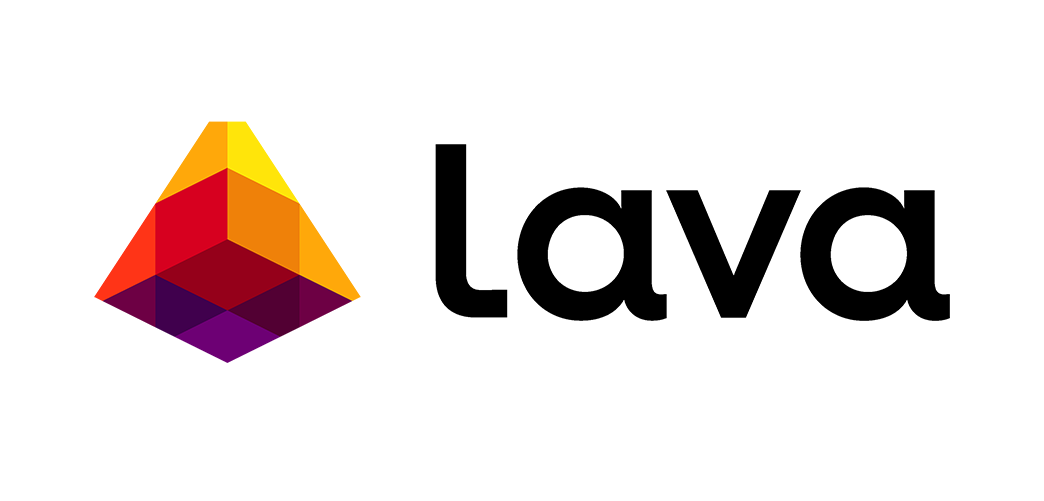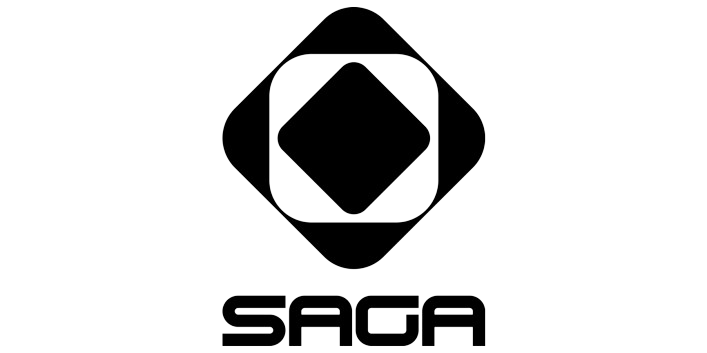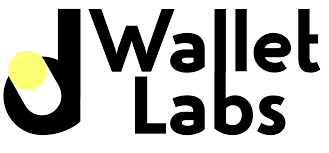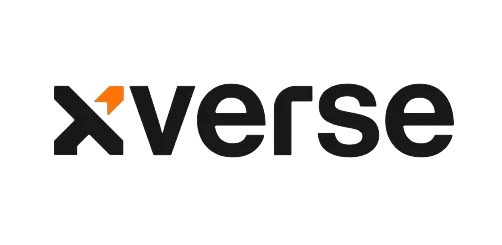WHAT WE DO
We invest in disruptive Web3 startups
Tykhe Block Ventures is a leading investment firm established in United States. We invest in early stage ventures within the blockchain sector with a focus on distributed ledger technology, digital assets & their key enabling infrastructure.

KEY FOCUS AREAS

We have developed an in-depth thesis in these four sectors and our investment strategy is focused towards partnering with startups operating in these. According to estimates from industry leaders like Gartner, BCG, Goldman Sachs etc., each of these areas present several billion-dollar opportunity in the coming years.










